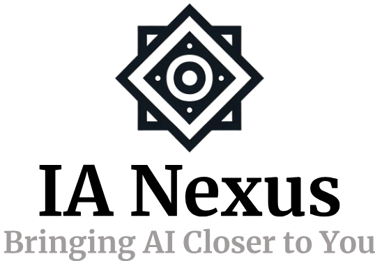Jobs AI Won’t Replace by 2030
Explore the future of work and discover which jobs AI won’t replace by 2030. Learn about the human skills that will remain in demand as the workforce evolves in response to AI advancements.
Alexander Hart
3/21/20253 min read
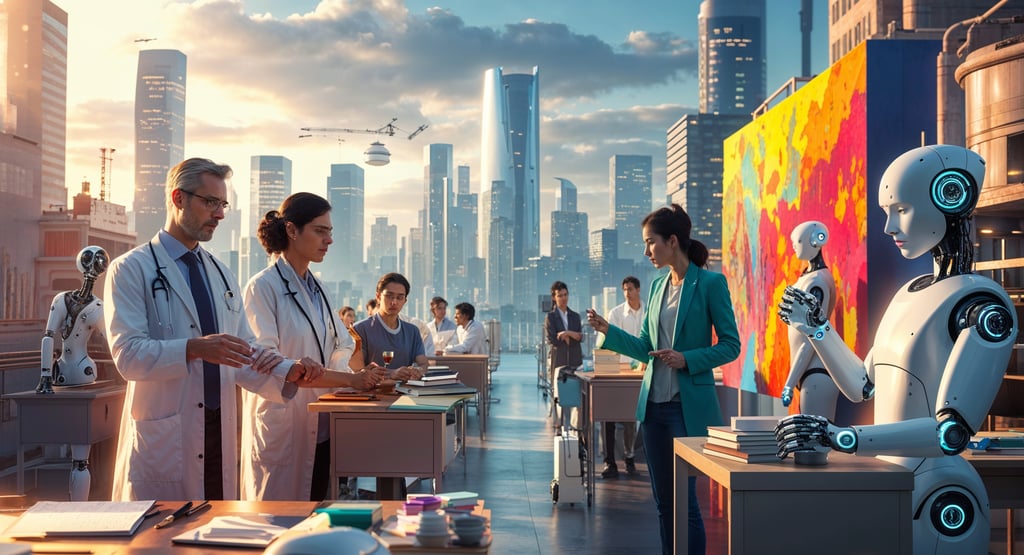

Introduction:
The rise of artificial intelligence (AI) is rapidly reshaping the job market. AI automation is enhancing efficiency and reducing costs, but it also leads to job displacement. While AI might replace repetitive roles, it also creates new opportunities in sectors like technology, healthcare, and cybersecurity. Understanding which jobs are most vulnerable to AI disruption and which skills will be valued in the coming years is essential to prepare for the future of work.
Professions That AI Won’t Replace by 2030
Healthcare Workers
Caregivers play an essential role in providing emotional support and physical assistance to patients, especially in sensitive settings like hospitals or nursing homes. While healthcare technologies are improving, such as telemedicine and remote monitoring, the need for empathy and human interaction in caregiving remains irreplaceable. Studies show that compassionate care leads to better patient outcomes, emphasizing the importance of human connection. Healthcare workers' interpersonal skills cannot be replicated by AI, making this profession crucial for the foreseeable future.
Educators
Teaching is a profession deeply rooted in human interaction. Educators not only transfer knowledge but inspire, motivate, and adapt their teaching methods to individual students. The ability to understand emotional, social, and cognitive needs is something AI cannot replicate. While technology can assist with educational tools, the personal relationship between teachers and students remains indispensable. Educators also adapt to societal changes, helping students develop critical thinking skills. The demand for human educators is expected to remain strong as learning requires empathy, creativity, and human judgment.


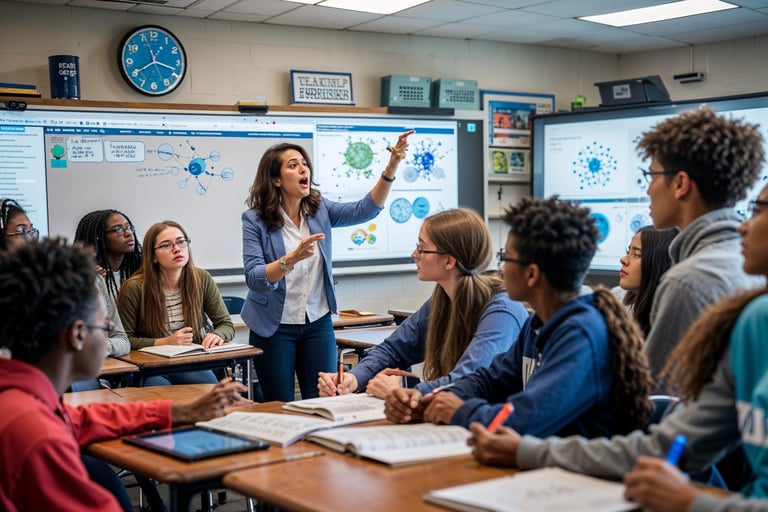

Creative Professions (Artists, Designers, etc.)
Creativity is inherently human. While AI can generate designs or artworks based on existing patterns, it lacks the emotional depth and originality that human artists bring to their work. Designers and artists draw from personal experiences, culture, and emotions, creating work that resonates with people in ways AI cannot achieve. While AI can support creative processes by providing data insights, it cannot replicate the human touch that is central to creativity.
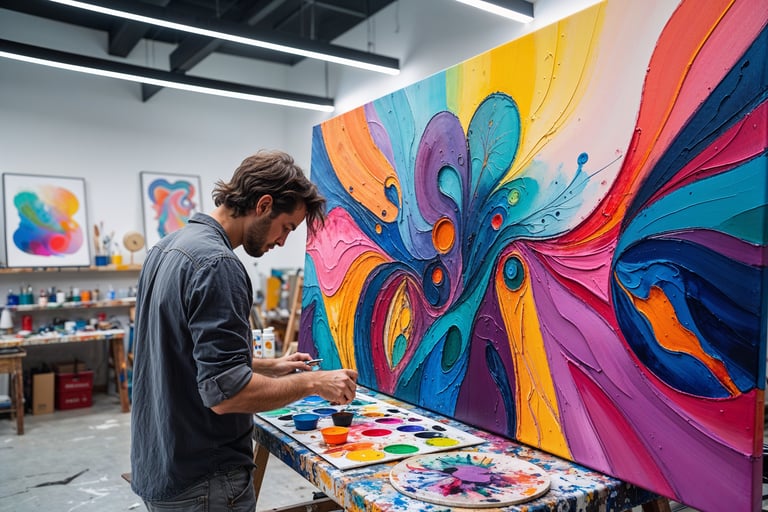

Psychologists and Therapists
Mental health professionals, including psychologists and therapists, rely on empathy, active listening, and emotional understanding, all of which are irreplaceable by AI. Therapy involves human connections that facilitate personal growth and healing. While AI may assist in diagnosing mental health conditions, it cannot form the deep emotional bonds that are central to effective therapy. The growing awareness of mental health means the demand for therapists is likely to increase, reinforcing the need for human-centered care.


Public Relations Professionals
Public relations (PR) professionals manage relationships between organizations and their audiences. Their work requires understanding complex human emotions and navigating delicate situations, skills that AI struggles to replicate. Crisis management, brand building, and effective communication rely heavily on empathy, negotiation skills, and cultural awareness. AI may assist with analytics, but the human element remains essential for maintaining public trust and managing brand reputation.


Sources:
Conclusion: Preparing for the Future of Work
As AI continues to evolve, some professions will inevitably face disruption. However, jobs that require emotional intelligence, creativity, and interpersonal skills are likely to remain relevant. AI can optimize tasks and improve efficiency, but it cannot replace the nuanced understanding and human connection that many jobs require. Preparing for the future involves cultivating skills that complement AI, such as critical thinking, creativity, and emotional intelligence. By focusing on these uniquely human abilities, workers can thrive in a future where AI is an integral part of the workforce.
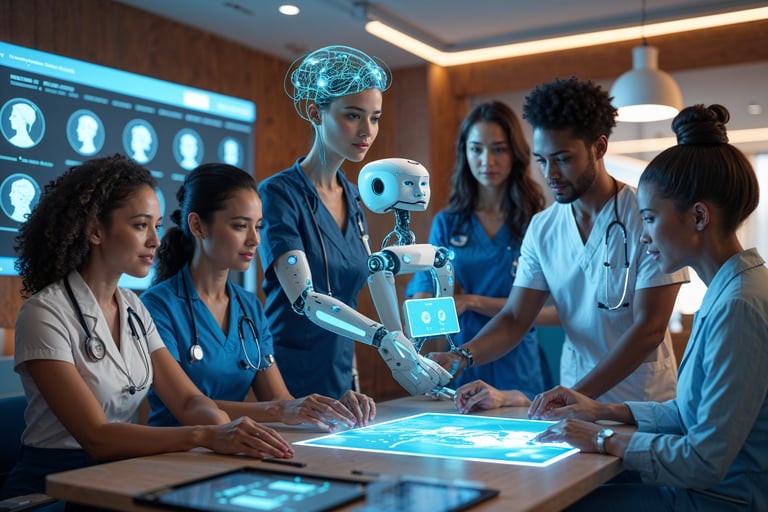

Insights
Stay updated on AI news and trends today.
Learn
© 2025. All rights reserved.
